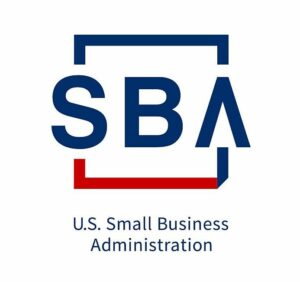 The Small Business Administration (SBA) has just launched the Paycheck Protection Program (PPP), arranging for forgivable loans to small businesses affected by COVID-19. There are, however, widespread implementation issues, with several banks that will administer the loans not yet being ready to process loan applications, as of April 6, 2020. For general guidance on the program, I can provide you with this fact sheet from the Treasury Department and a website guide from the SBA. Additionally, most large law and accounting firms are constantly issuing client alerts summarizing the latest developments, which are available on those firms’ websites.
The Small Business Administration (SBA) has just launched the Paycheck Protection Program (PPP), arranging for forgivable loans to small businesses affected by COVID-19. There are, however, widespread implementation issues, with several banks that will administer the loans not yet being ready to process loan applications, as of April 6, 2020. For general guidance on the program, I can provide you with this fact sheet from the Treasury Department and a website guide from the SBA. Additionally, most large law and accounting firms are constantly issuing client alerts summarizing the latest developments, which are available on those firms’ websites.
I’d like here to focus on a particular issue with PPP loans, for companies that pay independent contractors for services, either exclusively or in addition to traditional employees. Under the provisions of the CARES Act relating to PPP loans, the key number for businesses to identify is “payroll costs,” which is used to calculate both the maximum loan amount (based on payments made in the past) and the amount that can then be forgiven (based on payments made with PPP loan proceeds). The CARES Act is expressly intended to be available to sole proprietorships and independent contractors, but it was ambiguous under the text of the Act itself whether a company’s payments to other independent contractors for services rendered would be included in payroll costs.
However, the SBA ultimately issued new interim rules, which definitively answer that question:
h. Do independent contractors count as employees for purposes of PPP loan calculations?
No, independent contractors have the ability to apply for a PPP loan on their own so they do not count for purposes of a borrower’s PPP loan calculation.
Accordingly, businesses should not include any payments made to independent contractors in the payroll costs calculation, since those independent contractors are able to obtain their own PPP loans through their own banks. That limits payroll costs to amounts paid to true employees and, for sole proprietors, amounts paid to themselves as owners, in each case limited to $100,000 annually per individual paid.